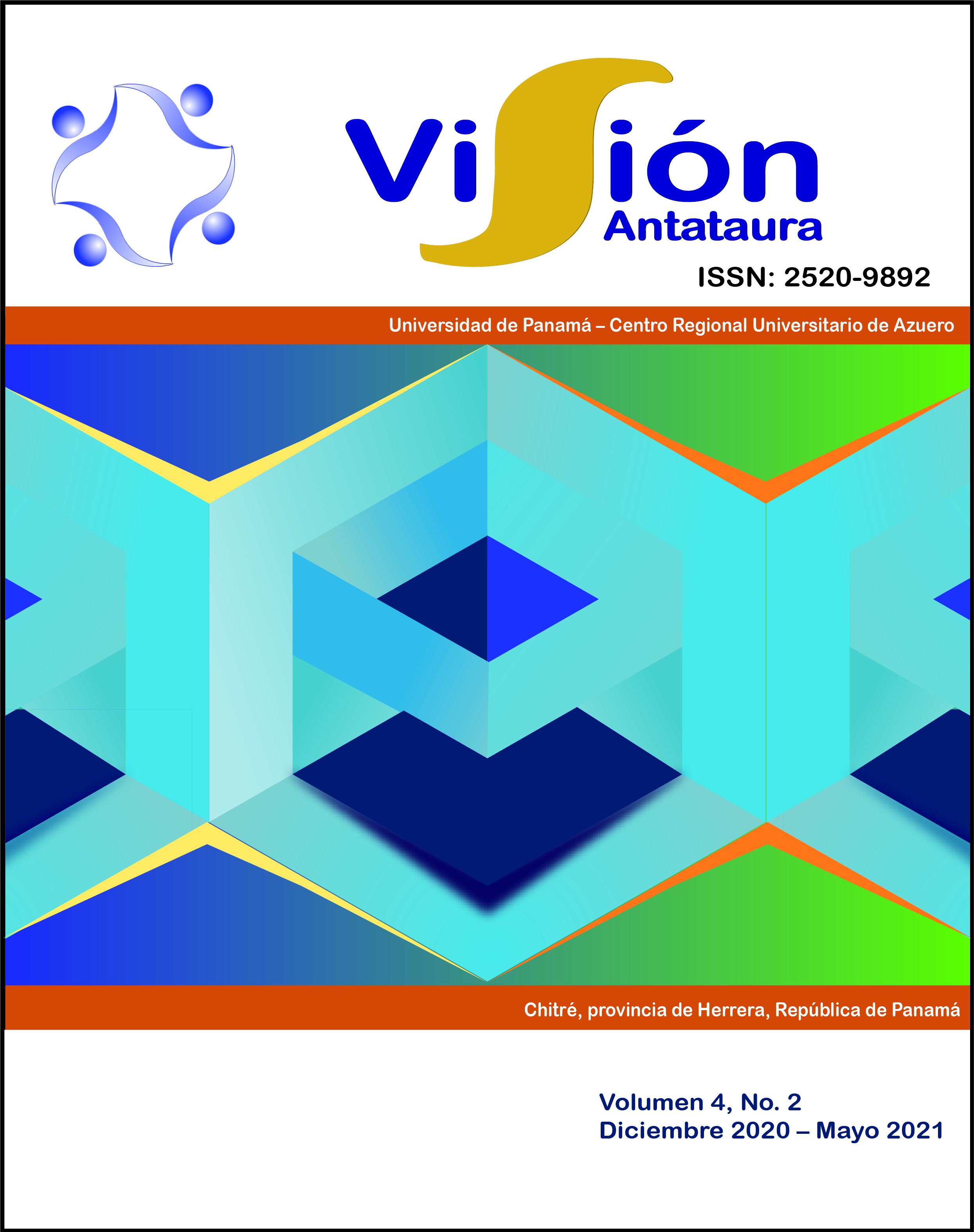

This paper explain how instigation has been understood in the Spanish Criminal Theory. For this, the bibliographic review technique of different Spanish authors and legal texts regarding the subject was used. One of the most relevant discussion points was related to the requirements for abetting to be punishable; these being that the abetting be direct and effective. In it, it was concluded, among other things, that abetting is the determination made by the abettor of the instigated perpetrator to commit a criminal act. That abetting must be prior to the execution of the punishable act; it must be doubly willful or intentional, that is, the intention of abetting and the intention of crime; it must be about a certain person and about a particular crime. In addition, it must have the ability to bring about the criminal resolution in someone who did not want to commit the crime.